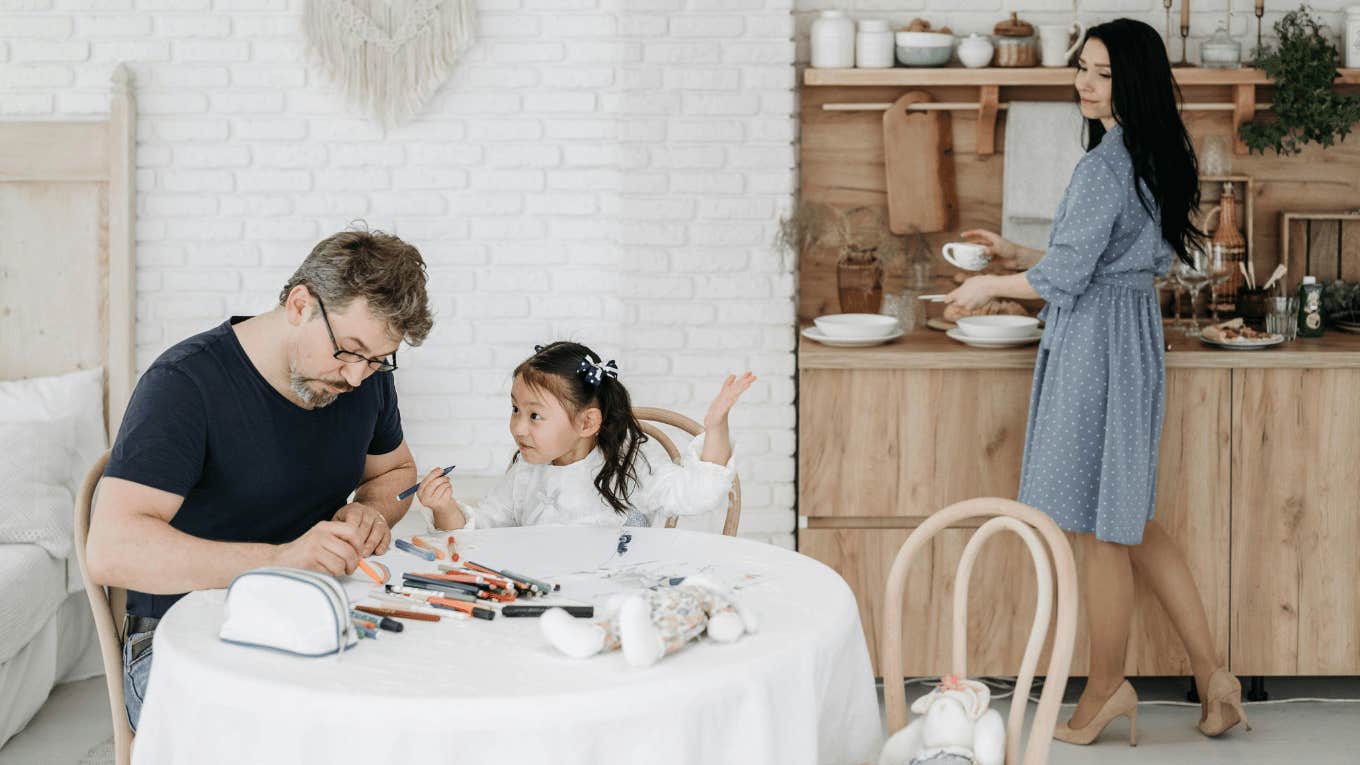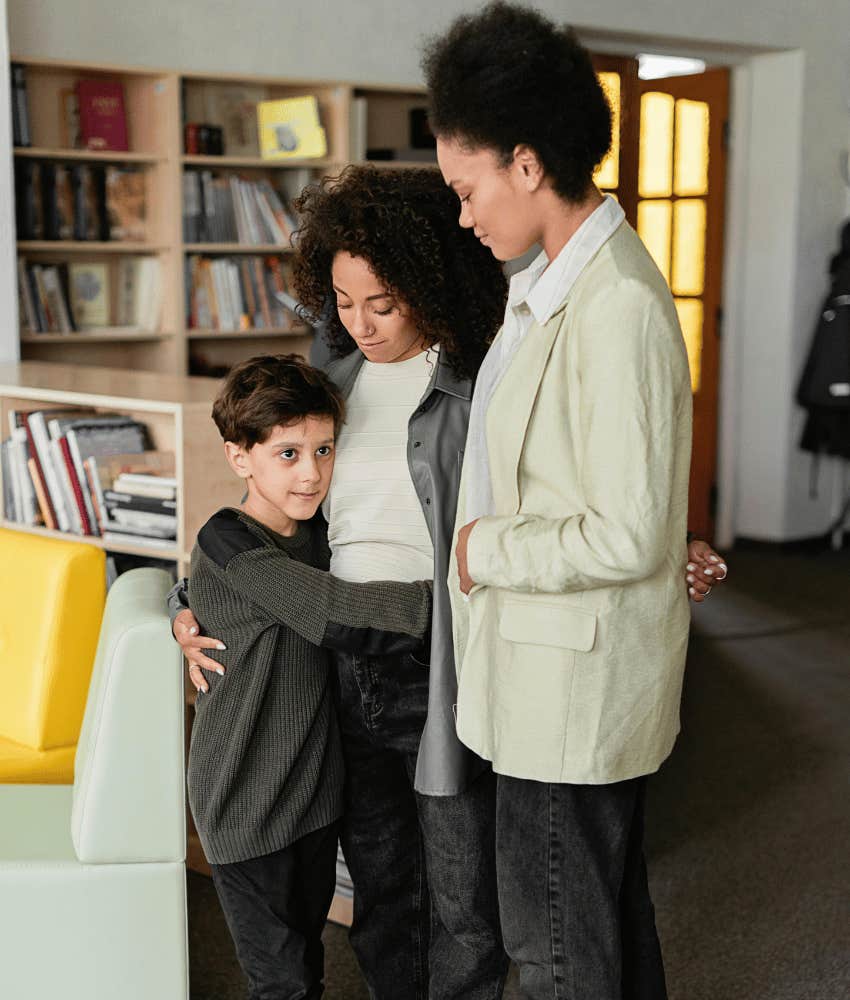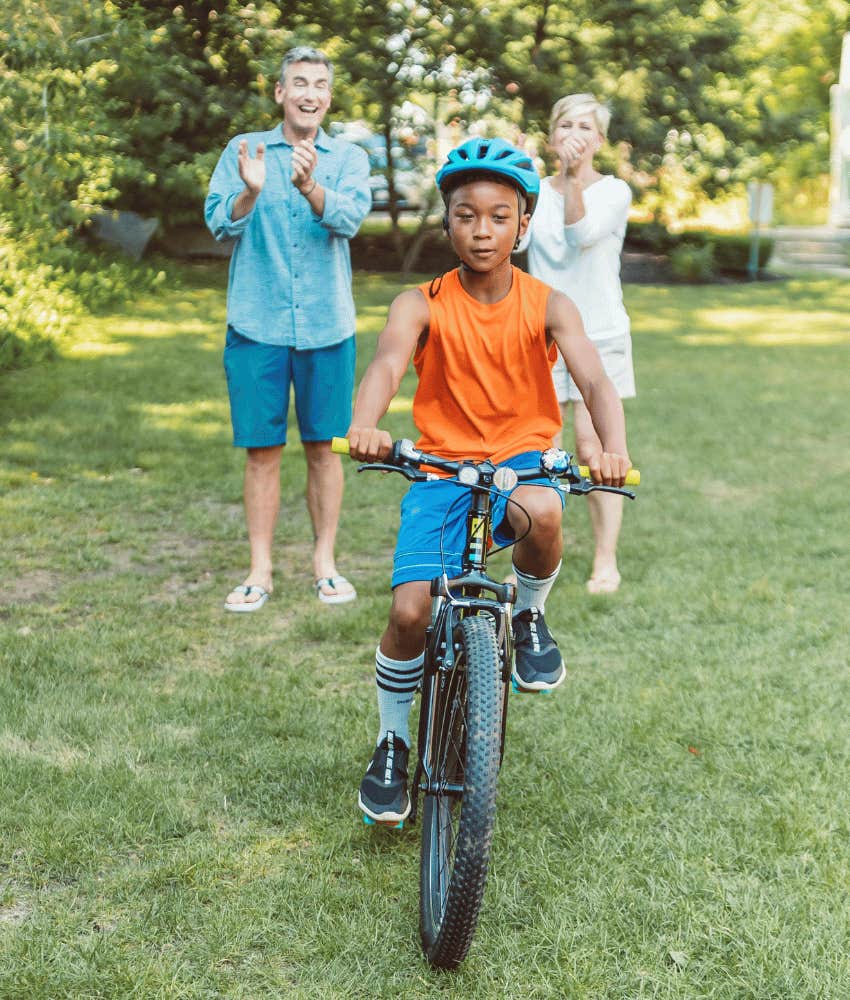3 Battles Every Parent Should Let Their Child Win, According To A Psychotherapist
Help your kids grow into their most authentic selves.
 Pavel Danilyuk | Pexels
Pavel Danilyuk | Pexels Parenting can be an uphill battle, especially as children develop strong opinions and desires. Some struggles are worth engaging in, like telling your kid they can’t wear their lucky socks for several days in a row. Yet, with other potential conflicts, it’s best to just let them go.
Carol Kim, a marriage, family, and play therapist, offered parents concrete guidance on how to boost their kids' confidence and resilience by letting three specific conflicts end in their favor.
Here are 3 battles every parent should let their child win, according to a psychotherapist:
1. Expressing their opinions and feelings
The first battle that parents should let kids win centers around what they think and how they feel.
Letting kids share their thoughts and feelings is a crucial element for their emotional development and sense of self.
 Juan José Napurí Guevara | Canva Pro
Juan José Napurí Guevara | Canva Pro
“It makes them feel valued and boosts their self-esteem,” Kim said.
Parents should avoid shutting their kids down when they open up about how they feel or what they think, even if they disagree with what’s being said. Statements like “That’s wrong” or “You don’t know what you’re talking about” are combative and can make children feel as though it’s not safe to be vulnerable.
Kim advised parents to allow space for their children’s feelings and validate their opinions by being nonjudgmental and inquisitive.
She suggested saying, “That’s an interesting perspective. Can you tell me more about why you think that?”
Child and teen life coach Will Elliott echoed Kim’s advice, noting the importance of asking kids open-ended questions when talking about their feelings.
Asking intentional questions can help kids sort out their emotions instead of lecturing them about how they “should” feel.
Elliott explained that asking questions lets kids know you’re there for them, even if what they’re saying is hard to hear. It helps parents figure out their role and how they can support their kids. “Do they just want a space to vent, or do they actually want your wisdom and coaching?” he asked.
He also noted that when kids answer those open-ended questions, they’re able to elaborate on and locate their emotions, which is “Development that is totally priceless.”
Kids are constantly working to figure out the world around them, which can be a confusing and chaotic place. A parent’s role is to act as a guide by offering support and comfort, especially when children let them peek into their inner emotional landscape.
2. Setting boundaries
Adults know how hard it can be to set boundaries, and for kids, it can be even more of a challenge.
Kim explained that “Giving kids privacy and respecting their personal space teaches them about boundaries and respect. It helps them feel safe and independent.”
Letting kids determine the rules around their own bodies also teaches consent in a tangible and developmentally appropriate way.
Hugging your kid when they don’t want to be touched crosses their boundaries and models the idea that they should let other people decide what to do with their bodies. It can erode their sense of self and their sense of safety.
Instead of telling kids, “I’m your parent, and I can hug you whenever I want,” acknowledge the boundary that they’re setting and respect their request. You can let them know you love them and that you’ll wait until they’re ready for a hug.
“No” is a complete sentence, even when it’s said by a child.
 Mikhail Nilov | Pexels
Mikhail Nilov | Pexels
3. Having hobbies and interests
Kim shared that giving kids space to cultivate their own interests helps them grow into themselves and feel happy. “It lets them explore their passions, learn new skills, and feel fulfilled,” she said.
You might not love the fact that your kid likes playing video games instead of playing the piano, yet you shouldn’t force them into the activities that you’d prefer.
There are actionable ways to let kids participate in their chosen hobbies while exploring how they can develop skills that relate to their interests. If your kid is into video games, you can see if there are ways for them to learn about coding or game design.
Kim reiterated why it’s so important to let kids win these particular battles, noting that doing so allows them to become confident, independent, and respectful.
“They learn to handle the world with strength and kindness,” she said, which is at the heart of what every parent hopes their kids can do.
 RDNE Stock Project | Pexels
RDNE Stock Project | Pexels
She shared that letting kids determine what they do with their bodies, their emotions, and their free time serves more than one purpose. It not only boosts their growth and sense of self, but it also strengthens the bond between parents and kids, leading to a harmonious and fulfilling family life.
A major part of parenting is providing stable ground for kids to figure out who they are. It’s a process that involves missteps and mistakes. Yet when kids feel protected and cared for, they’re more able to try on different iterations of who they are to find out which one fits best.
Kids flourish in an environment where they’re encouraged to be themselves, even if the version of who they are is different from what parents imagined they would be.
Loving them entirely and supporting the person they’re becoming is a battle worth fighting.
Alexandra Blogier is a writer on YourTango's news and entertainment team. She covers social issues, pop culture, and all things to do with the entertainment industry.

